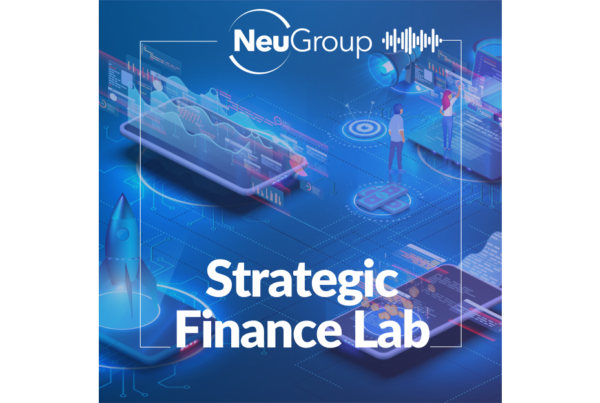
At P&G, treasury and tax are “tied at the hip” with the business in countries where instability and volatility prevail.
Many multinationals and their finance teams have extensive experience operating in countries in the throes of economic and geopolitical turmoil. Most have used what they’ve learned from managing amid hyperinflation, currency devaluation and war to prepare for future crises. Among them is NeuGroup member company Procter & Gamble.
- In a NeuGroup video you can watch by hitting the play button below, Tadd Fowler, senior vice president, treasurer and head of global tax operations at P&G, explains how the consumer products giant manages in what it calls crisis markets such as Egypt, Pakistan and Turkey, for example. The video is an excerpt from a forthcoming episode of NeuGroup’s Strategic Finance Lab podcast, available on Apple and Spotify.
Early warning. P&G’s goal is to prepare for market disruption—before a crisis develops—by using an early warning system that gathers macroeconomic and geopolitical information on countries across the world. “That gives us the opportunity to plan for volatility in these markets and determine how best to manage,” Mr. Fowler said in a follow-up conversation this week.
- He added that the goal of the system is to “give visibility to potential volatility in a market, and via that visibility, the business can begin to plan its approach to manage pricing, productivity, portfolio, working capital management, etc.” He said there are markets currently in crisis mode where P&G has been able to successfully operate thanks to early preparation.
Tied at the hip. Anticipated or not, when a country has hit crisis mode, treasury and tax are tied at the hip with their business partners to make sure everyone is on the same page in decision-making that best serves the company, Mr. Fowler said. In some cases, that moves the emphasis away from a business unit’s typical focus on the P&L.
- “We may decide to move away from that and try to focus on cash—trying to preserve cash and protect cash to the greatest extent we can,” Mr. Fowler said. “And that takes sometimes a different philosophical approach to how we run the market, which requires close collaboration between treasury and the business.”

